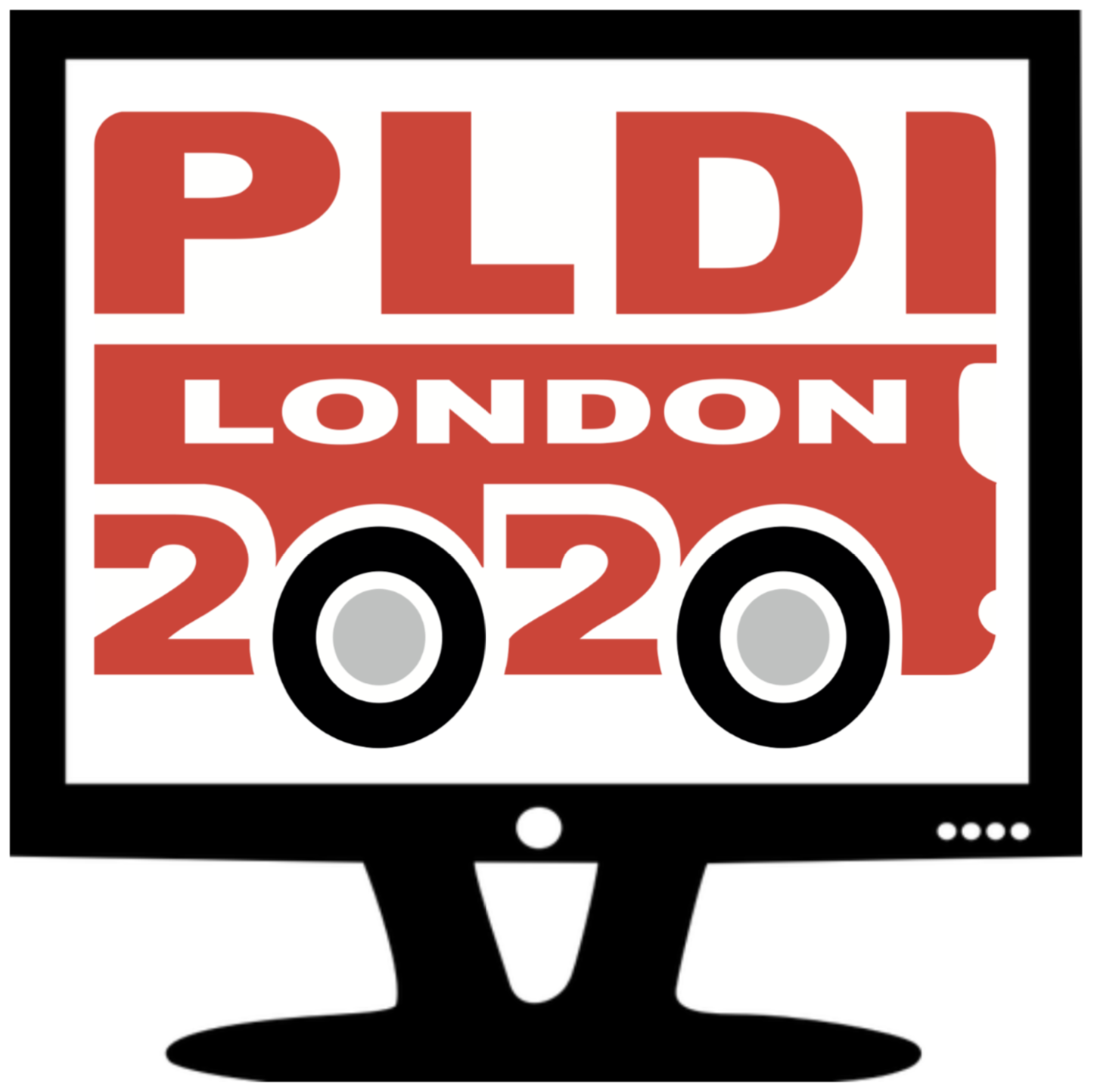Abstract:
Variational Quantum Circuits (VQCs), or the so-called quantum neural-networks, are predicted to be one of the most important near-term quantum applications, not only because of their similar promises as classical neural-networks, but also because of their feasibility on near-term noisy intermediate-size quantum (NISQ) machines. The need for gradient information in the training procedure of VQC applications has stimulated the development of auto-differentiation techniques for quantum circuits. We propose the first formalization of this technique, not only in the context of quantum circuits but also for imperative quantum programs (e.g., with controls), inspired by the success of differentiable programming languages in classical machine learning. In particular, we overcome a few unique difficulties caused by exotic quantum features (such as quantum no-cloning) and provide a rigorous formulation of differentiation applied to bounded-loop imperative quantum programs, its code-transformation rules, as well as a sound logic to reason about their correctness. Moreover, we have implemented our code transformation in OCaml and demonstrated the resource-efficiency of our scheme both analytically and empirically. We also conduct a case study of training a VQC instance with controls, which shows the advantage of our scheme over existing auto-differentiation for quantum circuits without controls.

